by: Susan St. Ville
Students in the International Peace Studies Concentration of the Keough School Master of Global Affairs program will soon embark on the extended field internship experience that is an integral part of their peace studies training. Students will spend six months on the ground working with a peace-related organization and conducting independent field research that will form the basis of their MA Capstone project. This year members of the peace studies cohort will be located in Nairobi, Bogota, Washington D.C., Baltimore, Seattle, and South Bend. They will join a range of organizations including the World Bank, Catholic Relief Services, Voice of America, the Life and Peace Institute, and Act, Change, Transform (ACT!).
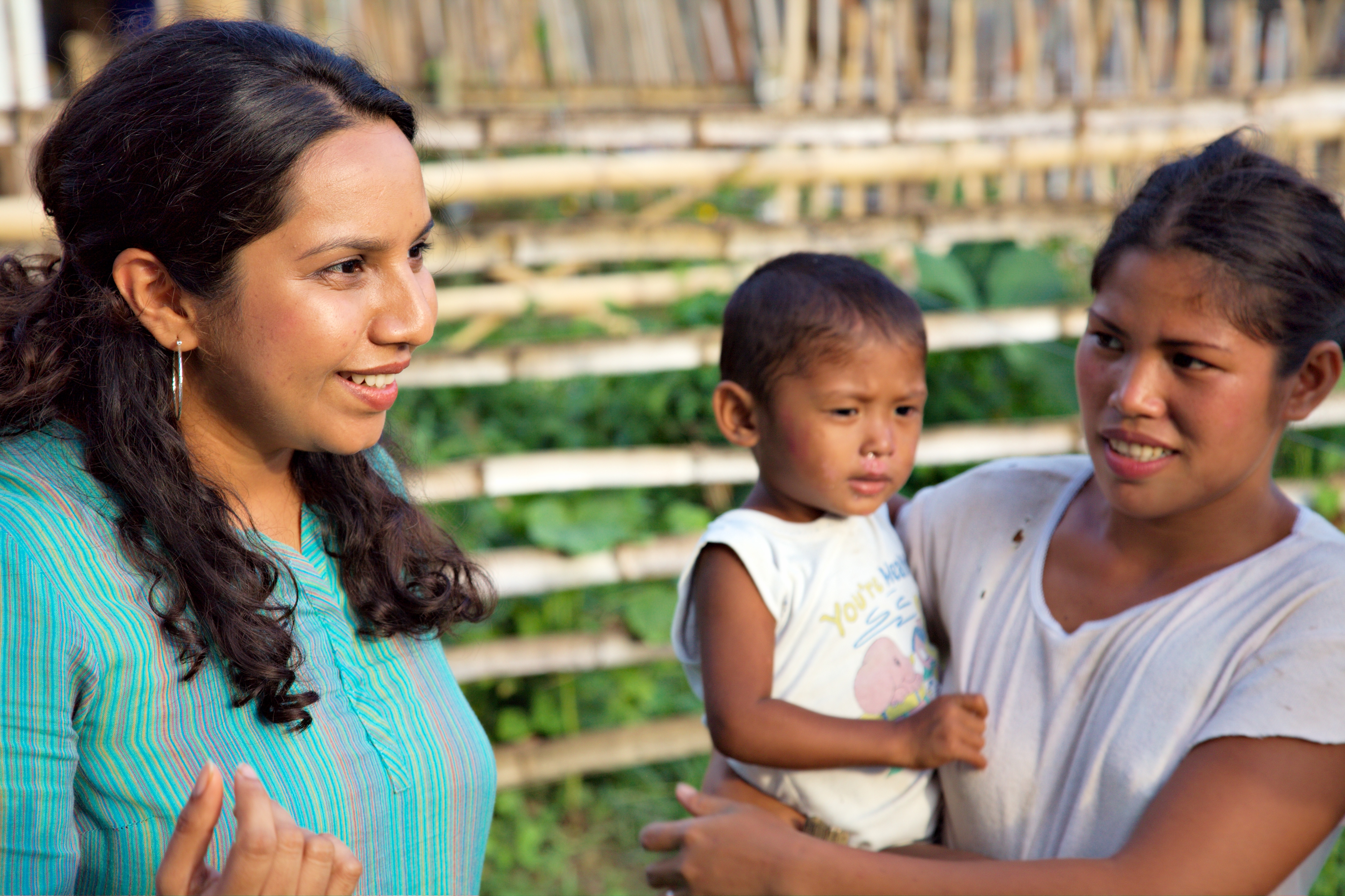 The Kroc Institute established its first field internships in 2004. Six months is a long time to be away from campus and the extended internship experience is unique among master’s level peace studies programs. We are encouraged that alumni of the master’s program and employers alike consistently report that the extended time spent in the field is essential to building the professional identity and self-understanding that is the hallmark of peacebuilders trained at the Kroc Institute over the last 32 years.
The Kroc Institute established its first field internships in 2004. Six months is a long time to be away from campus and the extended internship experience is unique among master’s level peace studies programs. We are encouraged that alumni of the master’s program and employers alike consistently report that the extended time spent in the field is essential to building the professional identity and self-understanding that is the hallmark of peacebuilders trained at the Kroc Institute over the last 32 years.
In the high stakes and unpredictable world of conflict and peace work, acting professionally requires much more than simply applying skills learned in the classroom to vexing problems in the real world.
As part of the Keough School Master of Global Affairs, the peace studies concentration draws deeply on the pragmatic insights of reflective practice: the understanding that the most effective knowledge in any situation comes through practice. Put simply, we learn best by doing.
Reflective practice requires that we shift the center of gravity on the theory-practice continuum. In his classic book, Experience and Education, John Dewey asserts that learning rooted in experience is key for intellectual and personal growth, helping students to “improve their power of judgment and capacity to act intelligently in new situations.” The peace studies students in the field learn above all to listen to the nuances of the local context and to act in a manner fitting to the particular situation. To be sure, students draw on the theories and skills that they have learned during the first year of coursework. But they understand the importance of holding these theories gently and being ready to adapt, rework or even reject them as the situation demands.
Peace Studies students often remark that the field experience helps them to be “comfortable with being uncomfortable.” Indeed, the experience is intentionally designed to unsettle students. Students are generally placed in a culture that is unfamiliar to them: this year our interns in Nairobi, for example, will hail from the Philippines, China, South Africa and Zimbabwe. Interns become full members of the organizations where they are placed, learning how to navigate an institutional setting very different from the university community that has been their home for the past year.
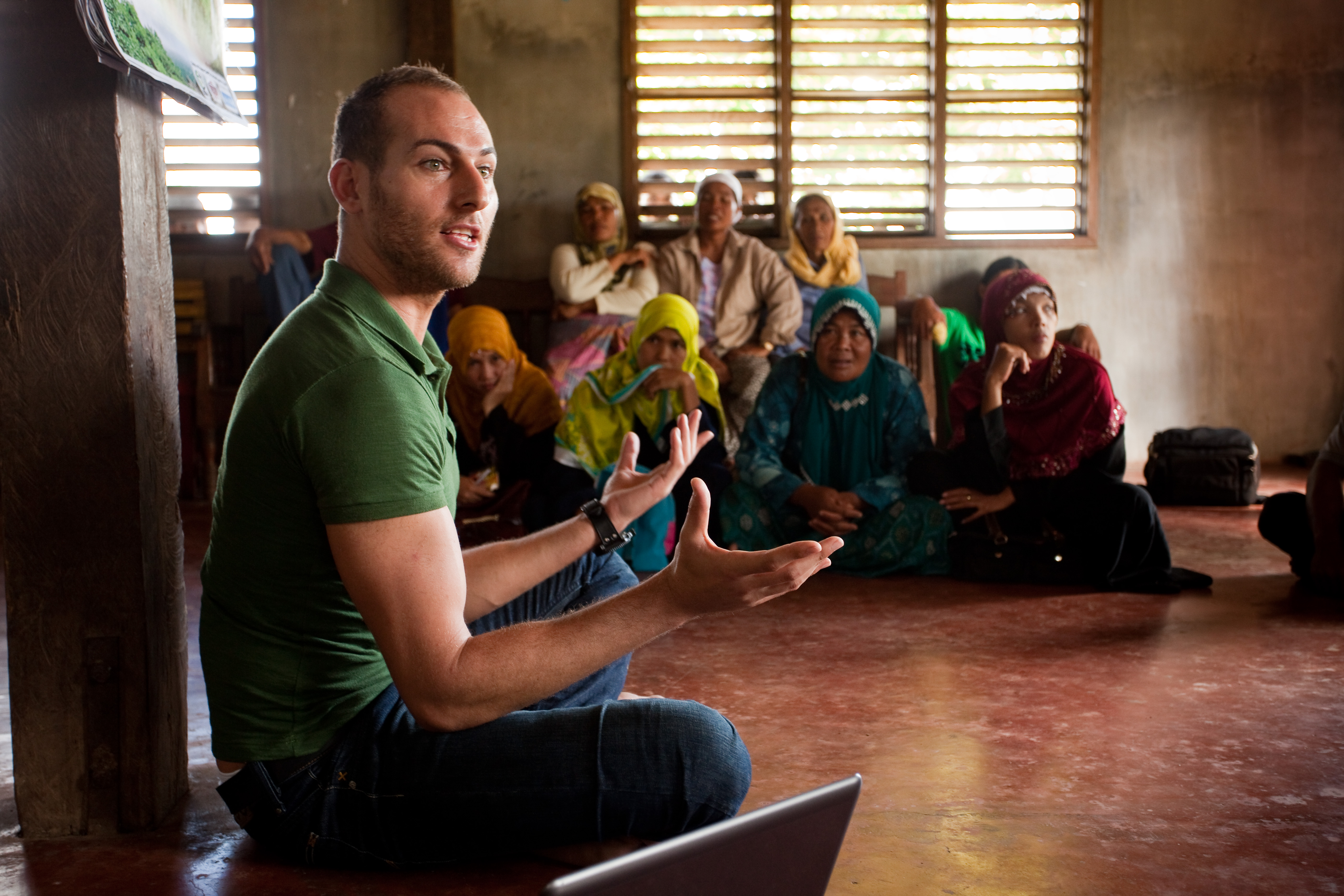
Students spend the majority of their time (four days per week) working with their organization, leaving one day each week for their own academic research. In these practical ways, the Peace Studies field experience seeks to embody the key principles of solidarity and subsidiarity that are central to the understanding of integral human development that undergirds the Keough School Master of Global Affairs. Asking students to step outside of their comfort zone and follow the lead of the local partners for six months is difficult, but through this process students learn in very practical ways how to genuinely support their partners and nurture local initiatives that support the common good.
Over the course of six months, students will write monthly journal entries and longer papers that recount the challenges they face in these unfamiliar settings, but also the creative ways they have found to meet these challenges. Later entries from Peace Studies students on this blog will give readers a glimpse of these journeys. Like past interns, this year’s Peace Studies students will produce important products for their organizations, including conflict assessments; policy analyses and recommendations; workshop designs; and program evaluations. But more importantly, they will develop personal qualities that will allow them to succeed as professional peacebuilders, no matter the context in which they find themselves.
Education theorist Randall Bass writes that the most valuable and transformational educational experiences are those that improve students’ ability to “make discerning judgments based on practical reasoning, acting reflectively, taking risks, engaging in civil, if difficult, discourse, and proceeding with confidence in the face of uncertainty.” Over the extended six-month period, Peace Studies students grow in all of these areas, learning to think outside the box and to act confidently (with both generosity and humility).
If the stories and career trajectories of past master’s students are any indication, we know that the field experience will be radically transformative for our students. We are excited for our Peace Studies students to undertake this formation process and even more excited to see who they become over the next six months.

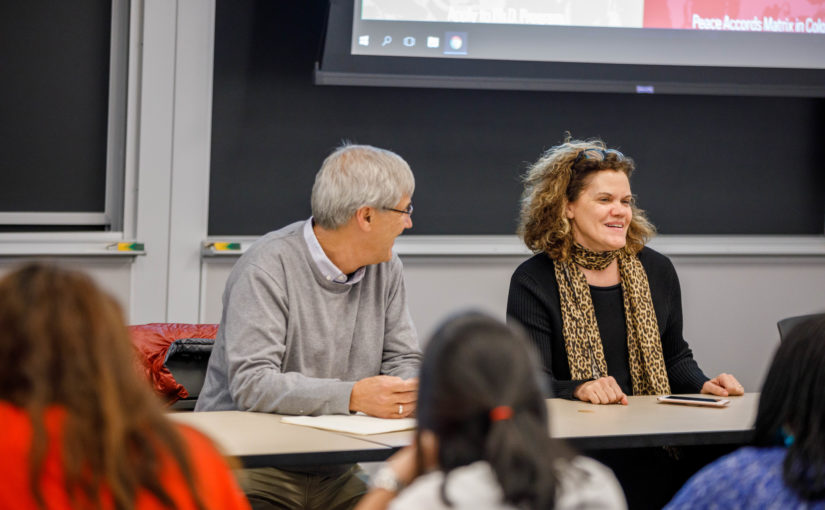
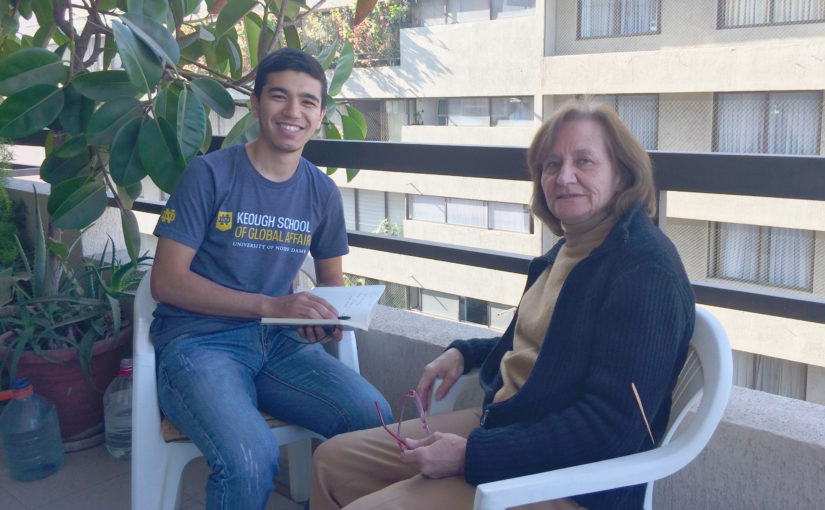
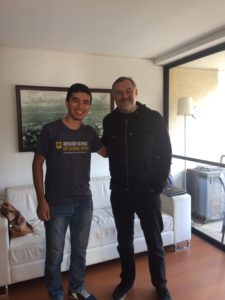 Spanish classes—my first exposure to Spanish! While the rest of my classmates are enjoying a three-week post-semester holiday, I am enjoying my Spanish classes and my busy, yet never the same, schedule in Chile.
Spanish classes—my first exposure to Spanish! While the rest of my classmates are enjoying a three-week post-semester holiday, I am enjoying my Spanish classes and my busy, yet never the same, schedule in Chile.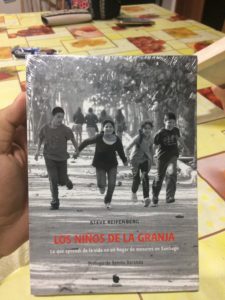 In Santiago’s Children, Professor Reifenberg talks about his experience working for Domingo Savio in the 1980s when he visited Chile right after the college, not knowing Spanish well. The stories described in the book are so authentic that they bring you into author’s life 35 years ago and make you see it from his eyes.
In Santiago’s Children, Professor Reifenberg talks about his experience working for Domingo Savio in the 1980s when he visited Chile right after the college, not knowing Spanish well. The stories described in the book are so authentic that they bring you into author’s life 35 years ago and make you see it from his eyes.